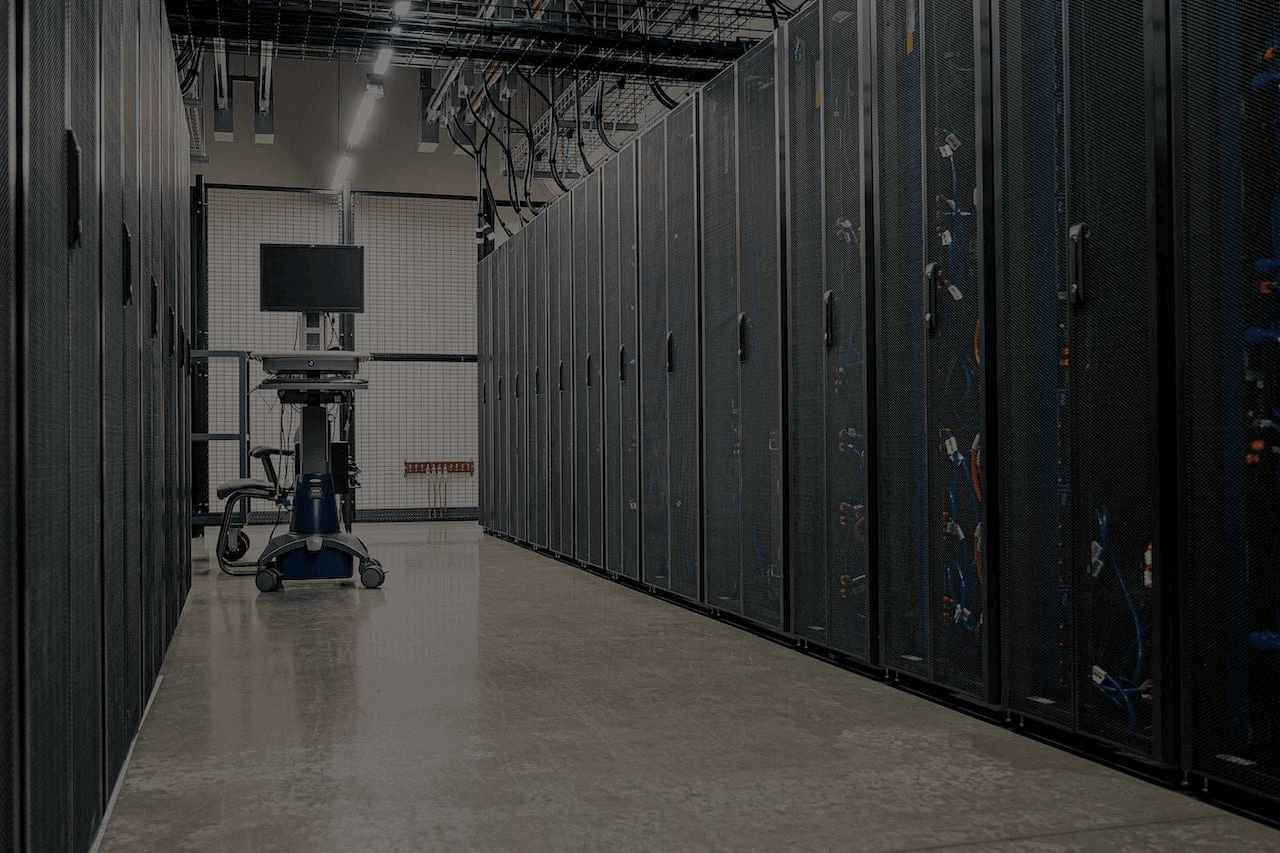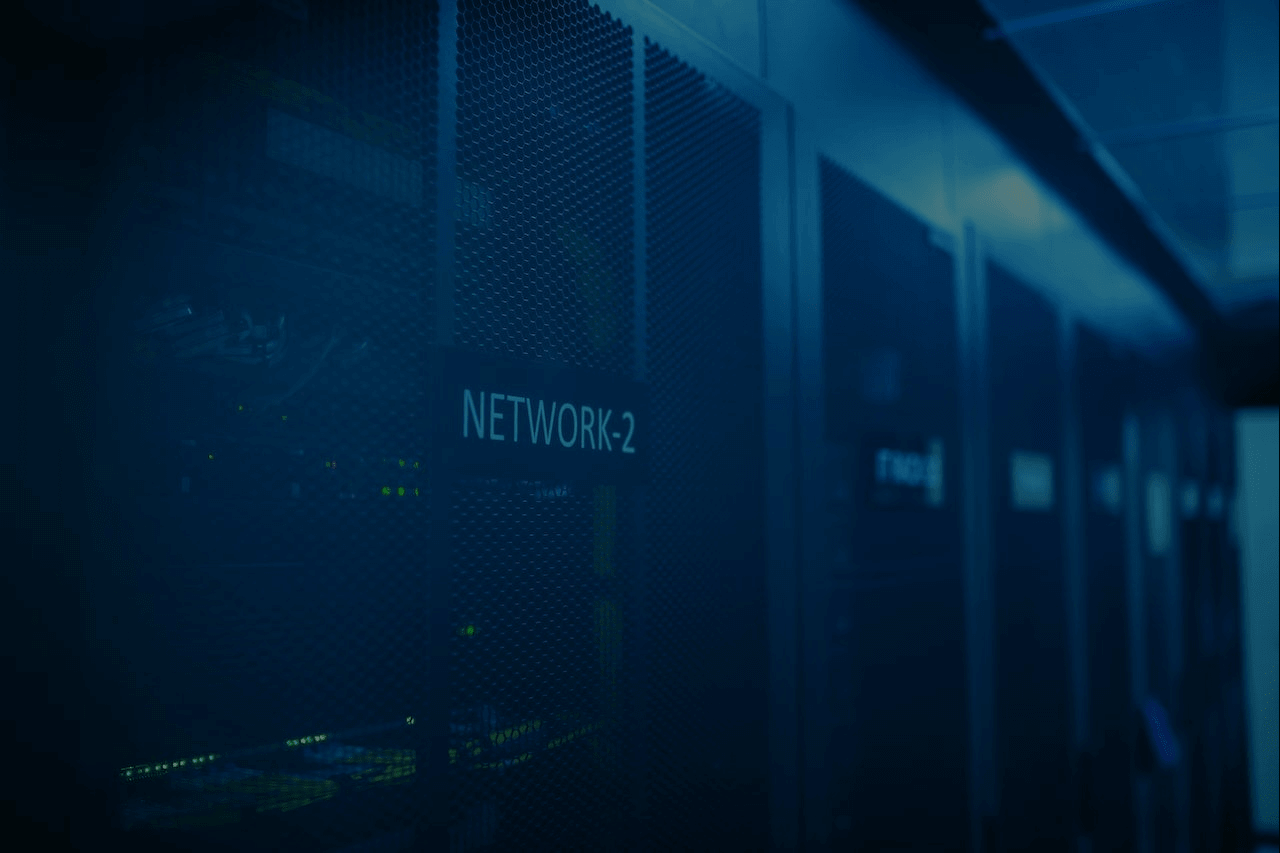Trusted by

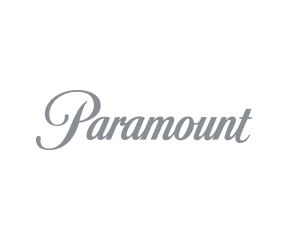
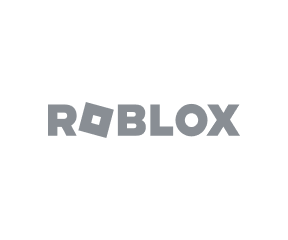
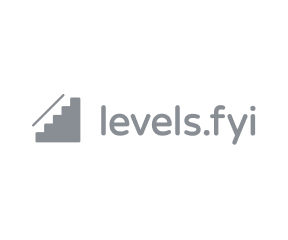
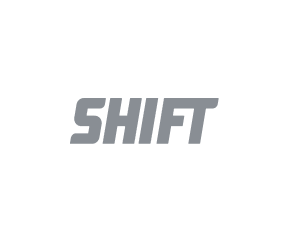
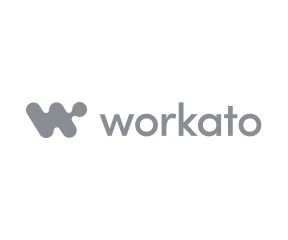
Top reasons to find a VMware replacement
1 in 5 enterprises plan to migrate away from VMware this year, according to Forrester. Finding a suitable VMware replacement allows you to unlock a whole host of benefits for your business.
Save money
With changes in discounts and a shift from perpetual licensing to subscriptions, VMware customers are worried about growing operational expenses. MindK applies the best cost-saving practices to drive down your OPEX.
Support your mission-critical services
The news about the end of support for 56 VMware products – including vSphere, vSAN, and vCenter Standard/Foundation – casts doubts on the future of IT operations. MindK supports companies in migration to robust and flexible VMware alternatives.
Go beyond VMware's defining features
Replicate VMware's groundbreaking virtualization and automation capabilities. Leverage the power of leading cloud service providers like AWS, Microsoft Azure, and GCP.
Avoid vendor lock-in
The change in VMware licensing and loss of support for key products raises the need for versatile and cost-effective alternatives, tailored to the needs of individual businesses.
What
our
clients
say
Assessment for VMware replacement
Migration strategy selection
Migration execution
Validation and continuous optimization
Ongoing training, support, and maintenance
Cloud migration experts
MindK has extensive experience in migrating large monolithic applications to AWS, Azure, and GCP without splitting them into microservices.
15 years on the market
Since 2009, we've provided software development and DevOps services for enterprises, SMBs, and scale-ups.
9/10 clients recommend us
MindK has built long-term partnerships with over a hundred companies. 96% of them are ready to recommend our services.
Vertical niche solutions
Over the years, MindK has created industry-specific solutions in Healthcare, Fintech, Education, Recruitment, Sustainability, and other niches.
Start your VMware replacement today
Let us know about your technology challenges and we'll
help you resolve them.
FAQ
- How long does it usually take to migrate from VMware?
The duration of a VMware migration can vary significantly based on the size and complexity of your current environment, the specific workloads being migrated, and the target platform.
Smaller migrations might take a few weeks. Larger, more complex projects might last several months. For optimal planning, MindK provides detailed estimates after the initial assessment.
- How much does it cost to replace VMware?
The cost of replacing VMware depends on several factors, including:
- Chosen VMware alternative.
- Scale of your existing infrastructure.
- Necessary software licenses.
- Complexity of migration, and so on.
Cloud solutions like AWS, Azure, or GCP typically involve ongoing operational costs. That’s why our VMware consulting company provides a detailed cost analysis for both immediate and long-term operational expenses.
- How do you ensure a smooth migration with minimal downtime?
We use a phased migration approach, moving workloads in manageable groups rather than all at once. Thorough pre-migration testing and validation in a staging environment help us anticipate and resolve potential issues.
Tools and strategies like live migration minimize service interruptions. Migration during low-usage periods further reduces the impact on business operations.
- Can I sign an NDA before sharing the project details?
Absolutely. You can request an NDA before scheduling an intro meeting with our VMware consultants.
- How do you handle data security and compliance?
Our multi-layered approach includes data encryption in transit and at rest, robust access controls, and industry-standard compliance protocols.
We ensure that your data is handled in accordance with relevant regulations such as GDPR and HIPAA. Finally, we run regular security audits and compliance checks to protect your business.
- What support do you provide post-migration?
Post-migration, MindK offers a range of support options. These include monitoring system stability, addressing any post-migration issues, and ongoing optimizations. Comprehensive training and documentation empower your in-house team to manage the new environment effectively.

